
Muthoni’s Journey from Kibera’s Depths
By Anne Mercy Amito, communications and marketing coordinator AEE Uganda
In the heart of Kibera, Nairobi, Africa’s largest urban slum; under the hot glazing sun, a young woman named Muthoni stands at the road barrier fence that divides the bustling, congested heart of the slum from its quieter outskirts. She is a seventeen-year-old single mother, her eyes gleaming with hope that shines through the hardship. Lost in thought, she extends her hand toward the other side of the highway and softly speaks, “One day, I will cross this road and find a home on the other side. I was born on the challenging side of Kibera, and I refuse to be confined here forever. I want to break free for the sake of my children.”
Muthoni’s roots run deep in Kibera, where life unfolds within cramped shacks composed of mud walls and corrugated tin roofs. These 12×12-foot spaces are shared by up to eight people, and in this unforgiving environment, most residents earn less than $2 a day. Unemployment looms large, and about 12% of the population battles HIV. Cases of assault and rape are tragically common. Education remains elusive for most children, and clean water is a distant luxury. Diseases born of poor hygiene are rampant, while access to basic services such as electricity, running water, and medical care feels like a distant dream.
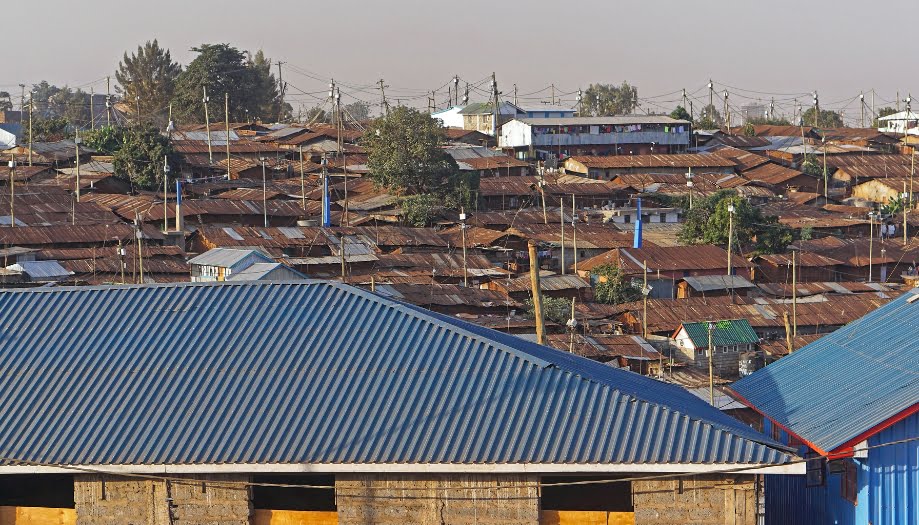
Muthoni’s life took a harsh turn at a young age when she crossed paths with a man who promised to marry her and offer a better life. She moved into a modest shack with her then 20-year-old boyfriend, but the conditions bore a painful resemblance to her own childhood home. Tearfully, Muthoni recounts the torment of her husband’s drunken abuse. “Sometimes we went to bed hungry because we couldn’t afford food. I vividly remember a day when he came home drunk and erupted in anger when I asked for money to buy food. He yelled and beat me. I ran away and stayed at a friend’s home for a while.”
In Kibera, daily crime plagues the lives of many, a result of the staggering unemployment rate, which drives people to seek solace in drugs and alcohol, mirroring Muthoni’s husband’s struggles. Over time, Muthoni could no longer endure the torment of her relationship. She returned to her family, only to be met with rejection by her own father. “I began seeking casual work to survive, saving bit by bit until I could rent a small shack. Giving birth was an ordeal, and there were moments when I thought I might not survive. Being a single mother in Kibera is an immense challenge.”
Single mothers like Muthoni face discrimination within their community, often trapped in the cycle of poverty and unexpected pregnancies. Women face marginalization, especially if they are unable to secure employment. Tearfully, Muthoni shares, “My father disowned me, and my mother couldn’t offer support. People spread false stories about me, and I regret trusting my then husband. Now I have no choice but to care for my daughter, holding onto the hope that her future will be brighter.” She takes on various casual jobs to provide for her now three-year-old daughter.
As much as reaching across the road seems farfetched for single mothers like Muthoni, it is still possible. This can be done through targeted education, exposure to technology, and the sharing of personal experiences. Single mothers in Kiebra can then develop valuable skills and identify income-generating opportunities that align with market demands and their passions. Initiatives like African Enterprise’s Community Transformation Groups present a promising avenue for these women to access the education they need, gain exposure to technology, and find strength in shared experiences. Additionally, the psychosocial support they can offer one another is invaluable, fostering a sense of community and resilience.
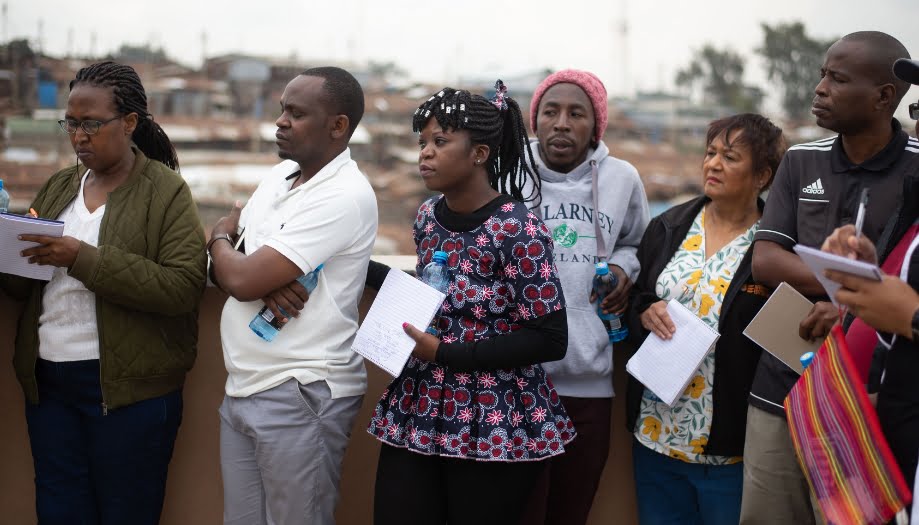
Despite the hardships, Muthoni persists, taking on various casual jobs to provide for her three-year-old daughter. As we navigate the dusty, stifling roads back to Muthoni’s home, her unwavering hope is a testament to the resilience of her spirit. It serves as a reminder that even in the face of immense challenges, the desire for a better future can shine brightly, motivating individuals like Muthoni to continue striving for a brighter tomorrow.

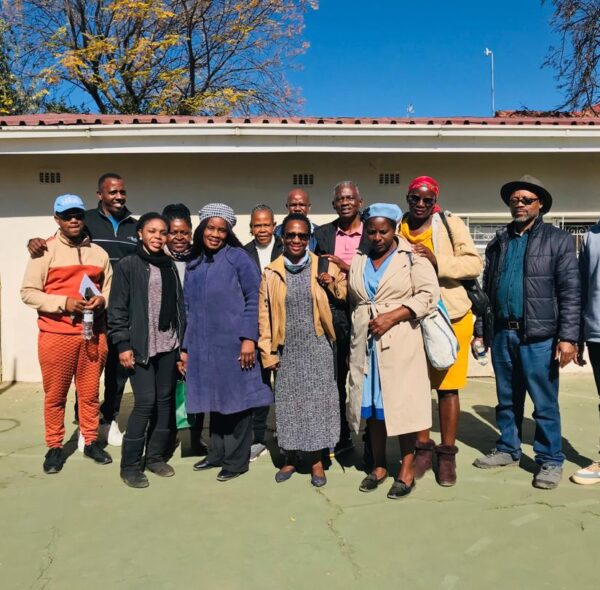
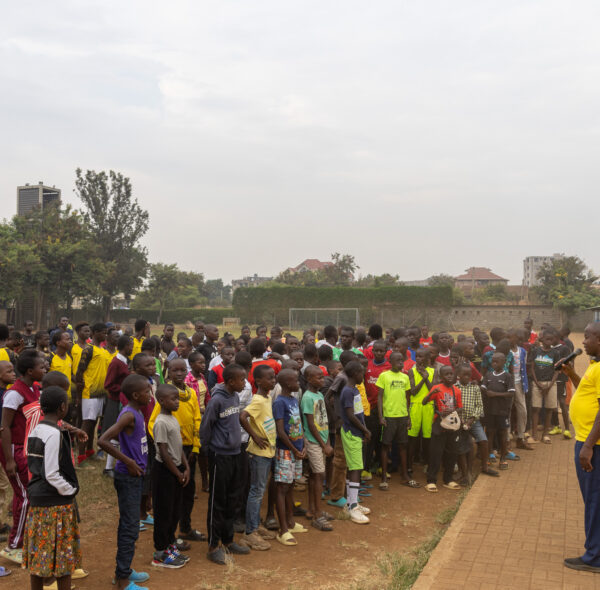



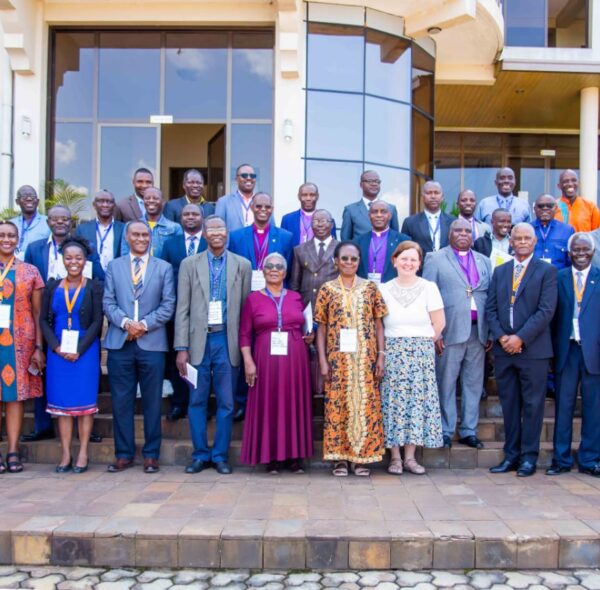
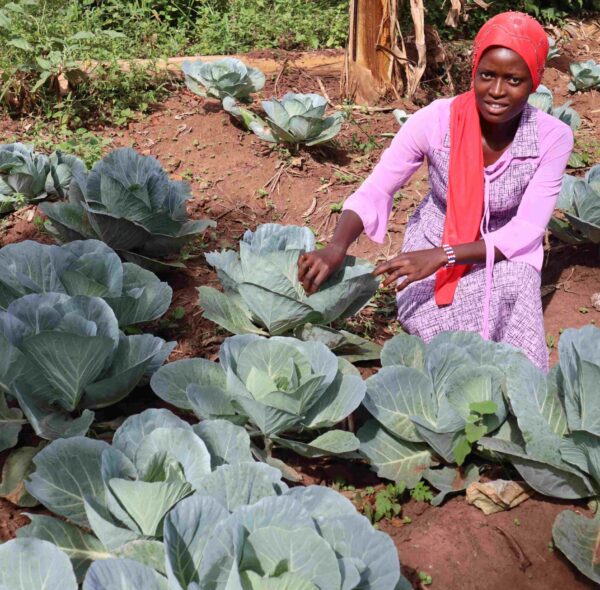


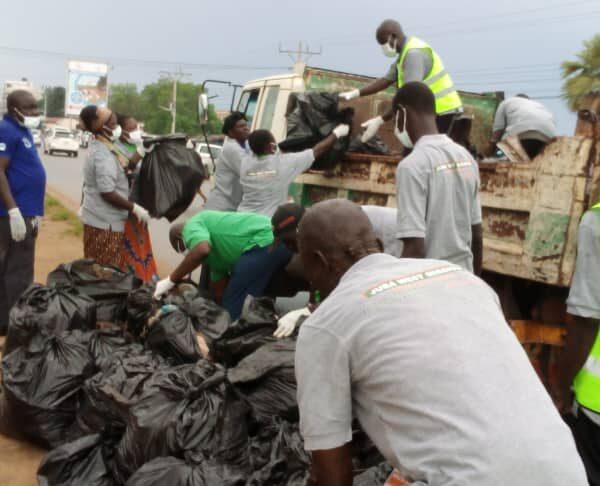

Add your first comment to this post